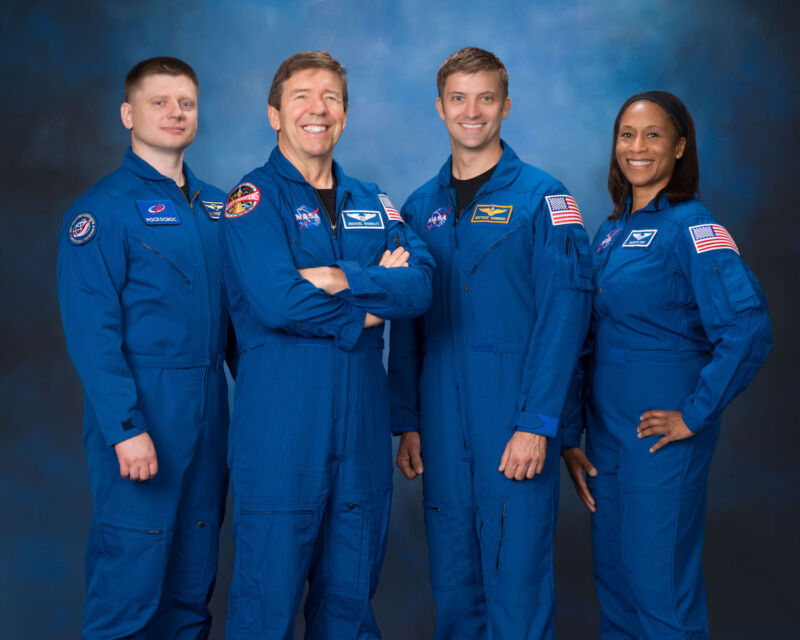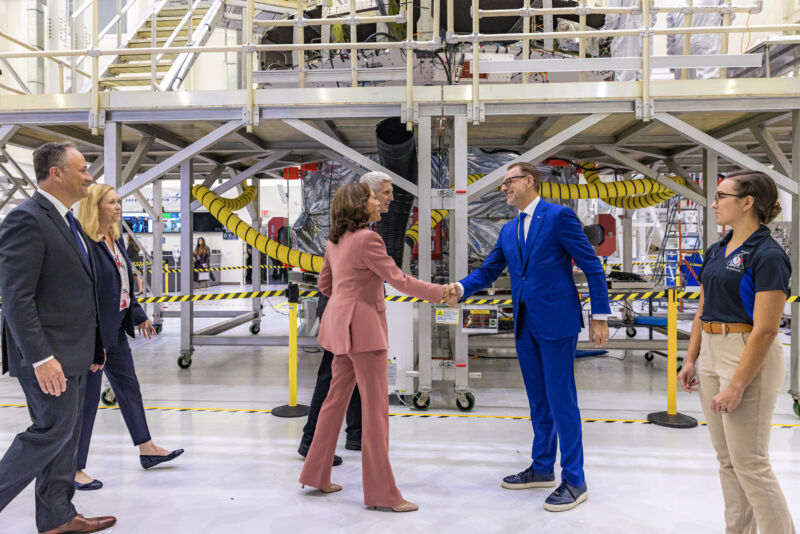-
 chevron_right
chevron_right
Jeanette Epps will finally go to space six years after being pulled from flight
news.movim.eu / ArsTechnica · Friday, 4 August, 2023 - 20:22 · 1 minute

Enlarge / Russian cosmonaut Alexander Grebenkin, astronaut Michael Barrett, commander Matthew Dominick, and mission specialist Jeanette Epps make up the Crew-8 mission. (credit: NASA)
NASA confirmed on Friday that Jeanette Epps, a former CIA technology intelligence officer selected as an astronaut in 2009, will finally launch into space in early 2024 on a SpaceX flight to the International Space Station. The crew assignment comes six years after NASA pulled Epps from what would have been her first spaceflight, just months before her scheduled launch to the space station on a Russian Soyuz spacecraft.
The removal of Epps from the Soyuz mission in 2018 raised a lot of questions. It's not the first time NASA has pulled an astronaut off of space missions soon before launch, but it's usually for medical reasons, like an illness or an injury.
That wasn't the case for Epps, who was replaced by a backup crew member on the Soyuz flight in 2018. NASA never publicly stated a reason for the crew change. Some people outside the agency theorized Epps might have been removed from her flight for political or racial reasons—she would have become the first Black astronaut to fly a long-duration stint on the space station—but Ars has reported that did not appear to be the case .

